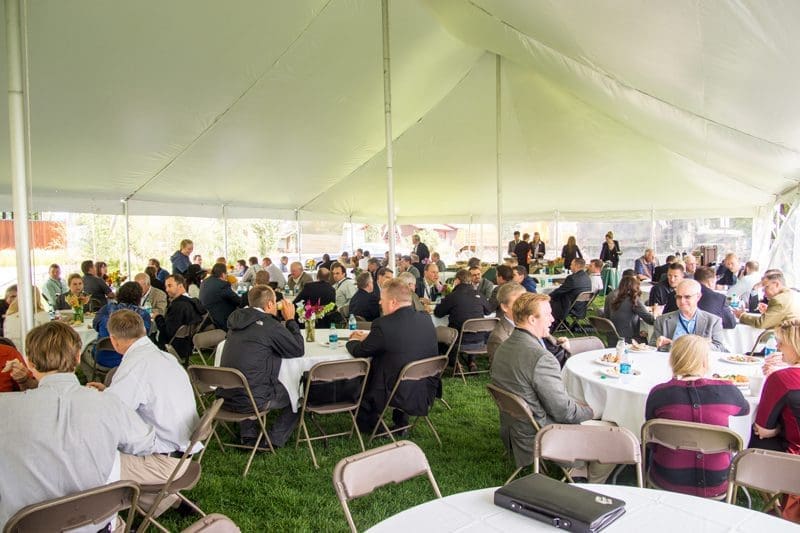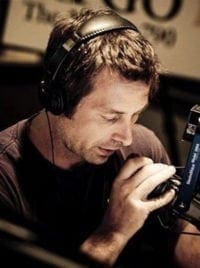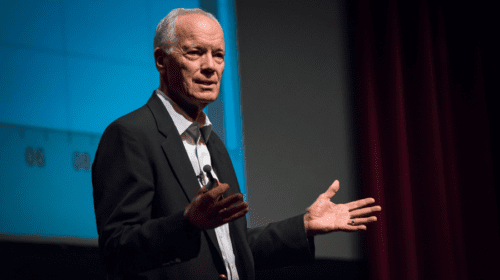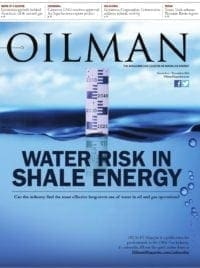
The Rocky Mountain Energy and Infrastructure Summit was held in Jackson Hole, Wyo., August 21-23. The event is an off-shoot of the annual Rocky Mountain Economic Summit, which draws some of the top business and economic minds on the planet to Jackson Hole.
“The Energy Summit will be very similar to the Economic Summit in terms of exclusivity and prestige, but the core of the conference, like the Economic Summit, is the ability to spend time talking with real players in the industry,” said Brian Hymel, conference co-founder.
Due to the intimate venue and setting, the Rocky Mountain Energy conference only allows capacity for around 500 people. Including speakers, employees and other event-related personnel, attendance reached about 350.
“This isn’t an event where you sit in a booth and give away pens and mugs with logos on them,” Hymel said. “Our events attract the world’s top brands because we attract industry leaders. This event features some of the top minds on the planet along with some of the wealthiest people in the industry.”
The conference coordinators emphasize knowledge and the relationships that are built over good conversation and shared interest.
“For us, it’s not about making money from a conference; it’s about constructive dialogue between the broad spectrums of energy-related companies, policy makers, and the public to help foster change for the betterment of U.S. energy independence and policy.”
According to Hymel, there has been considerable change in technology for oil and gas over the last seven years, and “there is still an astonishing amount of innovation and efficiencies yet to be had.” He added that one of the key goals for the summit is to help bridge gaps and speed up innovation processes.
If the Rocky Mountain Energy conference is anything like the Economic Summit, attendees will leave Jackson Hole with a new view on the global energy economy, in which the Bakken happens to be playing a significant role.
Learn more about the event by visiting www.rmenergysummit.com
Photos by Crude Life Photography/Paul Flessland
Jason Spiess is a multimedia journalist, entrepreneur and content consultant. Spiess has over 25 years of media experience in broadcasting, journalism, reporting and principal ownership in media companies. (Over 30 years experience if you count his adolescent years as a newspaper delivery boy learning the importance and logistics of daily distribution and monthly door-to-door bill collecting.) Spiess has worked in the areas of oil and gas, UAS and precision agriculture, health care, cannabis, agriculture, real estate, government affairs and economic development. Spiess is the host of two radio programs, Building the Bakken and Coffee & Capitalism, and three specialty programs, MonDak OilField Review, Corporate Ink and UnStuck, that carry a radio network that spans five states and two countries. Spiess is a North Dakota native and graduated from North Dakota State University.























